Mentor Directory
In order to be eligible for selection, students need to work with NIH funded investigators.
Those pictured below have agreed to be a mentor with the T35 Summer Research Program for Medical Students. However, this opportunity is open to all investigators at Northwestern with NIH funding and the program is open to co-mentorship.
For your convenience, we have created a list of eligible mentors for you to review if your mentor is not shown below. We also recommend that you confirm your mentor's eligibility via the NIH RePORTER website as that will provide the most current and up to date information. Any mentor with federal funding (DOD, NSF, CDC, etc.) is eligible. Please contact us if you need a mentor's contact information or have any additional questions.
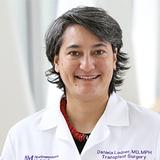
Director of NUTORC, Professor of Surgery (Organ Transplantation) and Medical Social Sciences
Epidemiology and risk prediction of cirrhosis, transplant outcomes, patient safety, processes in kidney and liver transplantation

Vice Chair for Research, Department of Preventive Medicine, Director of the Institute for Public Health and Medicine (IPHAM) - Center for Health Services & Outcomes Research, Quentin D. Young Professor of Health Policy
Cardiovascular epidemiology, health services research, disparities in quality of care and outcomes.

Assistant Professor of Medicine in the division of Nephrology and Hypertension and Surgery in Organ Transplantation
Donor advocacy, kidney paired donation and desensitization, transplant immunology.


Professor of Medicine in the division of General Internal Medicine and Geriatrics
Health literacy and outcomes, intervention strategies to help individuals promote, protect, and manage their health.

Director of Institute for Public Health and Medicine (IPHAM) the Center for Dissemination and Implementation Science, Alice Hamilton Professor of Psychiatry, Professor of Psychiatry and Behavioral Sciences and Implementation Science
Patient-focused dissemination (e.g., direct-to-consumer marketing, technology-assisted interventions) and provider-focused implementation (e.g., multi-level implementation approaches, workforce development) strategies
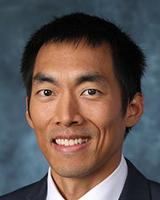
Associate Professor of Urology
Spina bifida and ways to improve kidney, bladder, and bowel health and minimize perioperative morbidities.

Patricia D Franklin, MD, MPH, MBA
Professor, Medical Social Sciences, Implementation Science, Determinants of Health, Medicine Division of Orthopaedic Surgery
Design and implement diverse methods to capture patient-reported health outcomes from national samples of patients to generate real-world evidence.

Chief of Implementation Science in the Department of Medical Social Sciences, Associate Professor Medical Social Sciences
Design, optimization, and implementation of digital mental and behavioral health interventions.

Professor in Medicine (Gastroenterology and Hepatology).
Cell biology, digestive system, genetics, liver disease/pathobiology, metabolism, molecular genetics
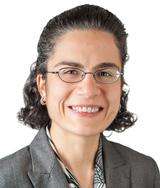
Director of IPHAM’s Center for Translational Metabolism and Health, Margaret Gray Morton Professor of Medicine, Associate Professor of Medicine (Nephrology and Hypertension)
Patient-oriented research of disordered mineral metabolism in patients with chronic kidney disease
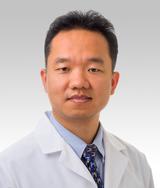
Vice Chair for Research, Department of Pathology, Marie A. Fleming Research Professor of Pathology
Studies of clonal hematopoiesis and the role of inflammation in the cell intrinsic and extrinsic influences to clonal expansion.
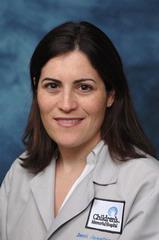
Associate Professor Department of Pediatrics Division of Endocrinology
The developmental origins of obesity, metabolism in pregnancy and the near and long-term metabolic outcomes in children. Long-term goal is to facilitate early intervention to prevent obesity and type 2 diabetes mellitus.
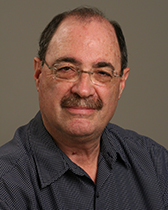
Board of Trustees Professor, Department of Economics
Econometrics, judgment and decision, and the analysis of public policy.

Associate Professor of Medicine, Division of Nephrology and Hypertension
Basic and translational science research in the area of bone and mineral metabolism disorders
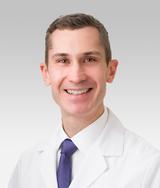
Edward M. Schaeffer, MD, PhD Professor of Urology, Associate Professor Urology
Epigenetics and genetic mutations associated with cancer biology, how chromatin remodeling genes play a role in bladder cancer.
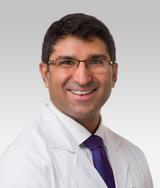
Director, Comprehensive Transplant Center Chief of Organ Transplantation in the Department of Surgery Edward G. Elcock Professor of Surgical Research Professor of Surgery (Organ Transplantation), Microbiology-Immunology and Pediatrics
Research interests are focused on innovations in transplantation tolerance including cellular therapy, nanotechnology, and transplant immunology
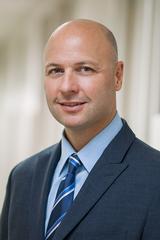
Chief of Gastroenterology and Hepatology in the Department of Medicine, Hans Popper Professor, Professor of Medicine (Gastroenterology and Hepatology)
Pathophysiology in esophagus and stomach

Director, Feinberg Cardiovascular and Renal Research Institute, Chief of Nephrology and Hypertension in the Department of Medicine, Professor of Medicine (Nephrology and Hypertension)
Vascular and glomerular biology, areas of podocyte biology and diseases including thrombotic microangiopathies such as preeclampsia and diabetic nephropathy and perivascular and endothelial cell crosstalk

Vice Chair for Research, Department of Obstetrics and Gynecology, George H. Gardner, MD, Professor of Clinical Gynecology, Professor Department of Obstetrics and Gynecology
Promoting health equity and eliminating health disparities among low income, medically underserved women across the lifespan

Assistant Professor of Medicine (Endocrinology) and Preventive Medicine (Epidemiology)
Disease state of diabetes, with application to high risk populations (ie: transplantation)

Thomas J. Watkins Memorial Professor of Obstetrics and Gynecology, Associate Professor, Department of Obstetrics and Gynecology Division of Maternal Fetal Health
Social determinants of pregnancy and postpartum health, health equity, patient-centered outcomes, the development of health promotion interventions for underserved pregnant people.
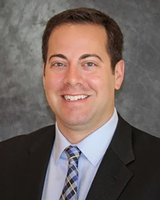
Associate Professor Department of Surgery Division of Pediatric General Surgery
Treatment with studies focused on lifestyle modification, medications, and surgery.
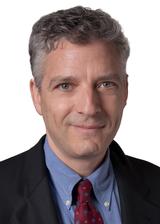
Director of Center for Diabetes and Metabolism, Chief of Endocrinology in the Department of Medicine, Professor of Medicine (Endocrinology).
Relationship between brain, behavior, and physiology at the cell and molecular level
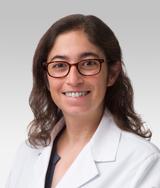
Assistant Professor of Medicine in the Division of Endocrinology, Metabolism and Molecular Medicine
How the gut and brain communicate with each other to maintain body weight
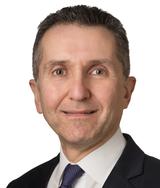
Chair of the Department of Obstetrics and Gynecology, John J. Sciarra Professor of Obstetrics and Gynecology, Professor of Medicine in the Divisions of Reproductive Science in Medicine and Reproductive Endo and Infertility
Cellular and molecular mechanisms for the development of endometriosis, genome-wide epigenetic defects leading to estrogen driven inflammation and progesterone resistance in endometriosis.

Professor, Preventive Medicine Division of Biostatistics and Informatics
Study design and conduct, database development and data (quality) monitoring, randomization and treatment allocation techniques.

Associate Professor, Pharmacology
Ion channel structural regulation, novel therapeutics for the treatment of monogenetic diseases.
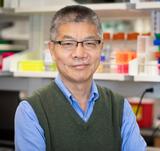
Stanley Gradowski Professor of Gastroenterology, Professor of Medicine Division of Gastroenterology and Hepatology
immune regulation of host-microbiota interaction at mucosal surfaces and the pathogenesis of inflammatory bowel diseases (IBD).

Eileen M. Foell Professor Department of Preventive Medicine Division of Epidemiology
Understanding and addressing structural and social drivers of health and health inequities. Application of advanced geospatial and statistical methodologies using several large maternal and cardiovascular health cohort studies.
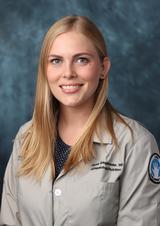
Assistant Professor Department of Pediatrics Division of Gastroenterology, Hepatology, Nutrition
Underlying pathophysiology of pediatric cholestatic liver diseases using animal models with focus on an area called the unfolded protein response.
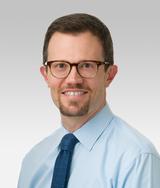
Adjunct Lecturer, Medicine
Eliminate health disparities in U.S. Latinos by examining the underlying causes and developing interventions to address them.
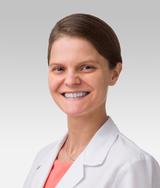
Assistant Professor Department of Surgery Division of Trauma and Critical Care
Addressing inefficiencies to improve health care quality and cost for all patients.
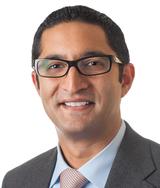
Director, Institute for Public Health and Medicine (IPHAM) - Center for Community Health Chief of Intervention Science in the Department of Medical Social Sciences, Professor Department of Medical Social Sciences
Prevention of mental disorders and promotion of positive well-being among vulnerable populations.
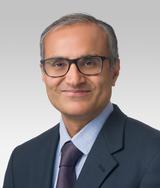
O'Connor Family Research Professor of Urology
Understanding how immune and neuronal dysfunction affects urologic diseases. In particular, pathogenic mechanisms in chronic pelvic pain, bacterial prostatitis, and benign prostatic hyperplasia.